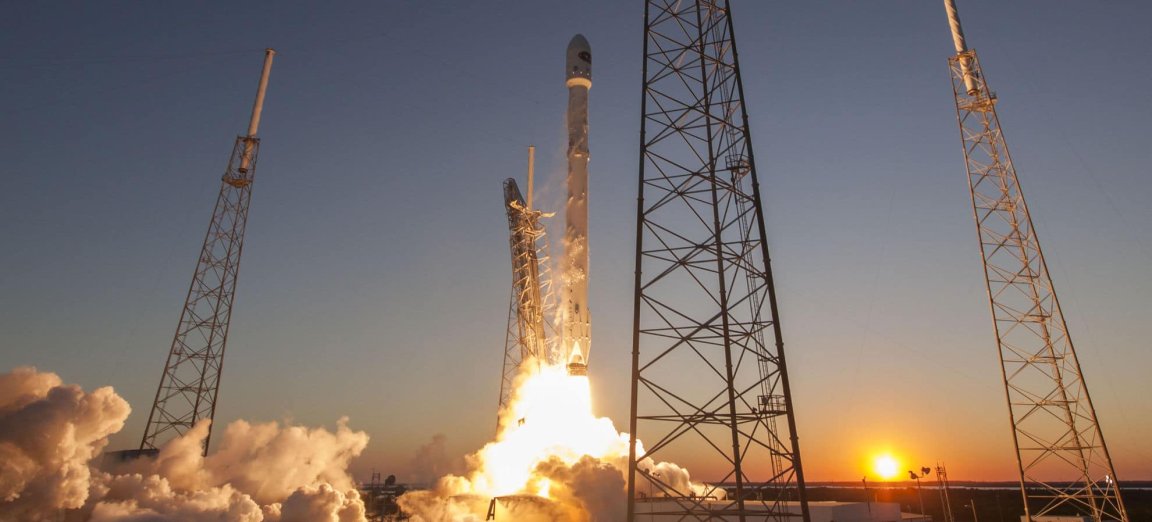
The Update
After about 2 months since the unfortunate Falcon 9 explosion in Cape Canaveral, SpaceX is ready to try again.
The aerospace manufacturer said in an October 28th update that they are ready to resume stage testing in Texas while at the same time, continuing the investigation of the September accident. They are looking toward resuming flights by the end of 2016. Previously, the investigation found a breach in the cryogenic helium system in the liquid oxygen (LOX) tank and is being pointed to as the cause of the Falcon 9 rocket’s explosion. However, the ultimate cause is still being investigated.
In the update, SpaceX mentions how it has been working closely with the FAA, NASA, the US Air Force, as well as experts from the aerospace industry to find the root cause of the breach. Through an extensive investigation which involved closely recreating the explosion, the investigators were able to narrow down the cause of the accident to one of three composite over-wrapped pressure vessels (COPVs) inside the LOX tank.

It’s Literally Rocket Science
Unfortunately, explosions have very much been a part of the field of rocket science since the V-2 rocket tests. Even when every precaution is taken, the high levels of volatile fuels and the general unpredictability of environmental factors, there are bound to be some mishaps. Even so, companies like SpaceX and Blue Origin are doing something new; something that can and will benefit humanity, and that is bringing commercial space flight to the public. Above all, they are directing more minds toward space and the potential discoveries just waiting to be made there. Perseverance following a setback is exemplary of humanity’s will of progress. SpaceX is leading the way toward priming humanity into finally claiming its place in the stars.